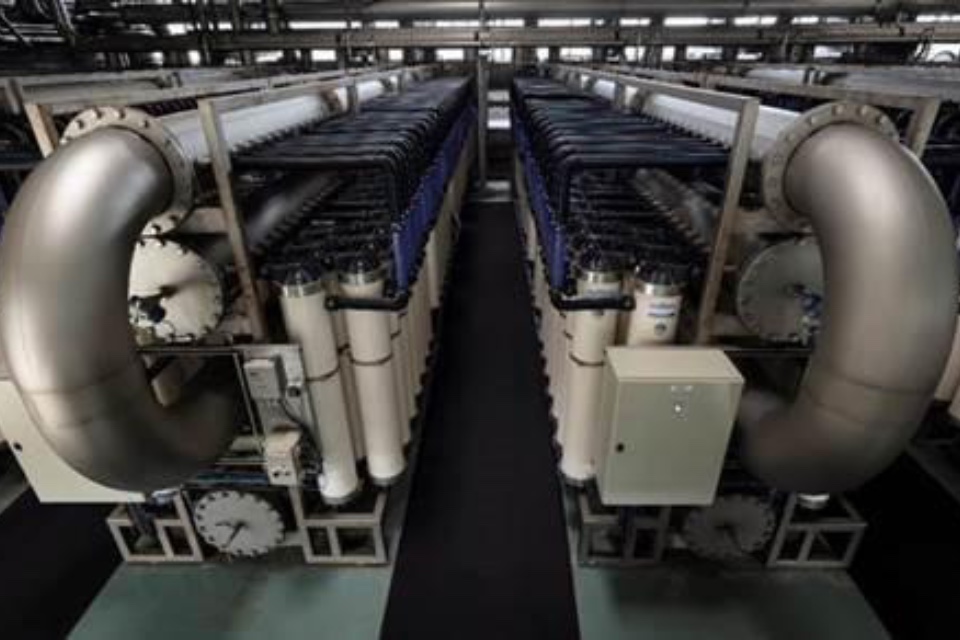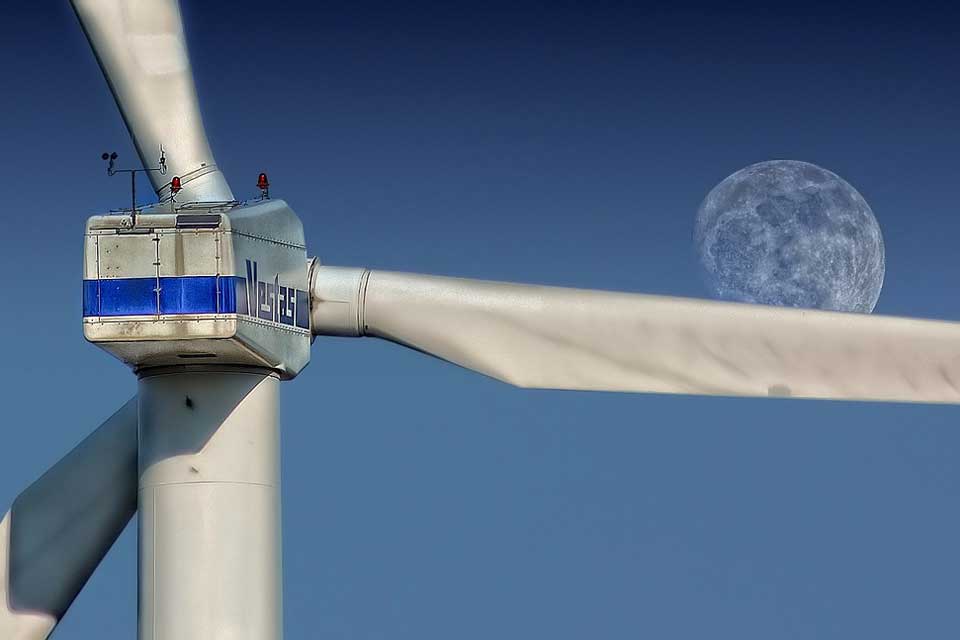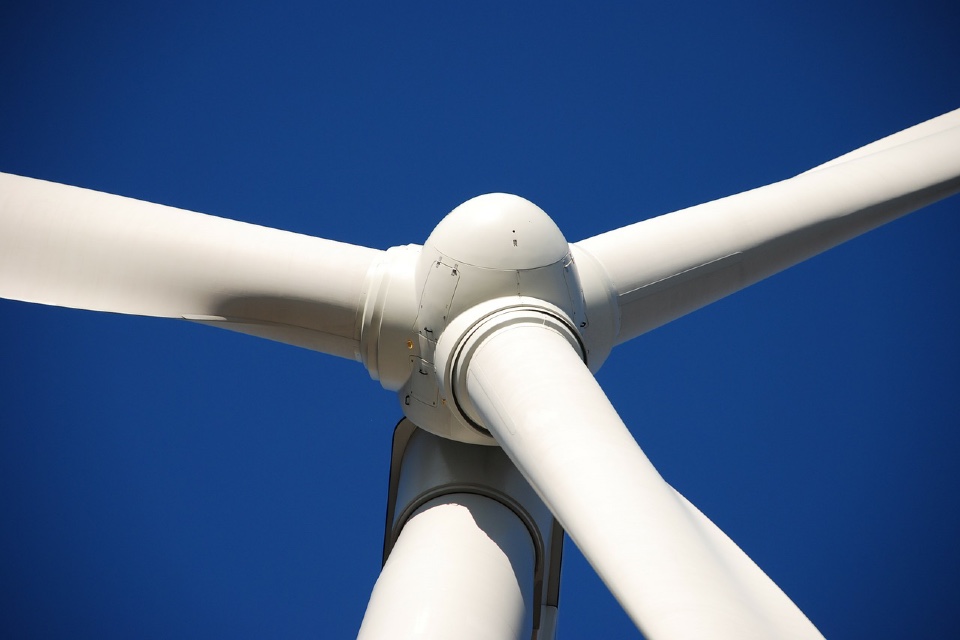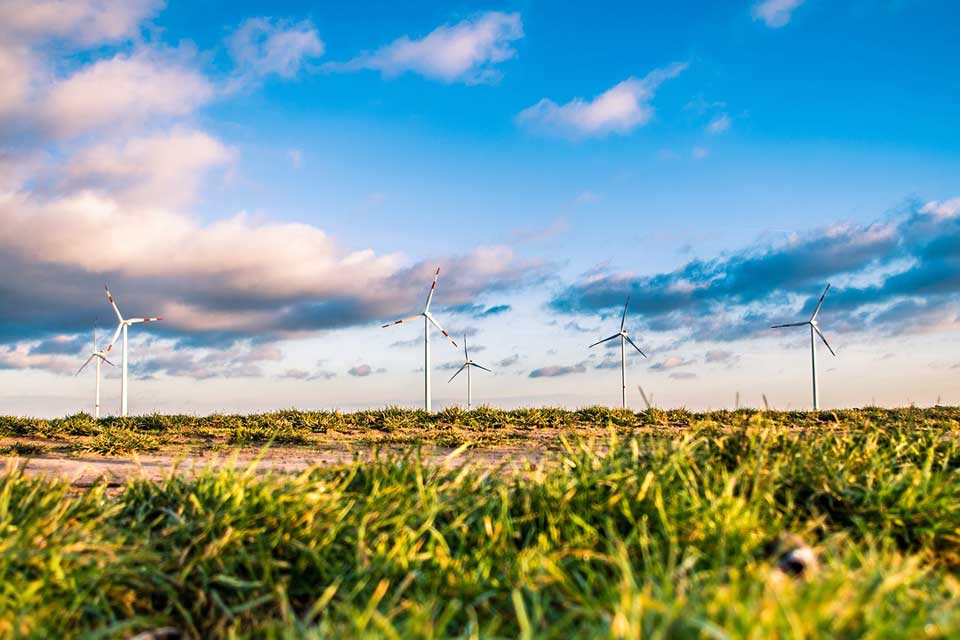EIB pledges €3.4bn for climate action and clean energy
https://energymanagementsummit.co.uk/wp-content/uploads/2021/04/EIB-green-investment.jpg 960 640 Stuart O'Brien Stuart O'Brien https://secure.gravatar.com/avatar/81af0597d5c9bfe2231f1397b411745a?s=96&d=mm&r=g€3.4 billion of new financing has been approved by the European Investment Bank (EIB) to accelerate the shift towards renewable energy and sustainable transport, corporate innovation, improved housing, education and communications.
€2 billion to harness wind and solar power
The bank’s Board of Directors of the EIB approved financing for the development of renewable energy projects in France and Germany, the increase the use of solar power by home owners across Spain, wind power in Ireland, upgraded energy distribution in Italy, and a pioneering photovoltaic plant that uses batteries and hydrogen to store energy.
€700 million to improve public transport
The EIB also agreed to back the acquisition of a fleet of hydrogen powered trains including the installation of hydrogen refuelling facilities in the Netherlands and to upgrade regional rail services in Germany. The EU Bank also approved financing to increase use of renewable energy at airports across Spain.
€720 million for COVID-19 economic resilience, business investment and corporate innovation
As part of the rapid response to COVID-19, the EIB Board agreed new financing to accelerate investment by companies most impacted by the pandemic in the Netherlands, Belgium and Luxembourg.
The EIB also backed support for corporate research and development in Germany, expansion of online digital business activity in France, and backing for climate related investment by companies across Poland.
€837 million for education, housing, communications, water and sustainable urban investment
The EIB approved investment to construct and modernise energy efficient social and affordable housing in northern Italy, upgrade urban and regional infrastructure in the Czech Republic, and improve communications in Poland and North Africa.
Financing also went to strengthening the supply of drinking water in Paris and upgrade drinking water supply and wastewater treatment in Vilnius.
Technical education across the Ukraine will be improved by the modernisation of 13 vocational education and training centres agreed by the EIB today.
Overview of projects approved by the EIB Board
“The green transformation of the global economy gathers speed. The green energy and sustainable transport projects approved by the EIB, the EU’s climate bank, today demonstrate the vision, ambition and partnership needed to slash greenhouse gas emissions this decade and beyond. I am thrilled that this week the European Union agreed to be climate-neutral by 2050. Tomorrow President Biden will host world leaders and renew the shared determination to fight the climate crisis. The return by the US to the community of countries committed to the Paris Agreement goals and to climate action is hugely welcome news, an essential and urgent step toward multiplying the effect of individual actions through global cooperation”, said Werner Hoyer, President of the European Investment Bank.









